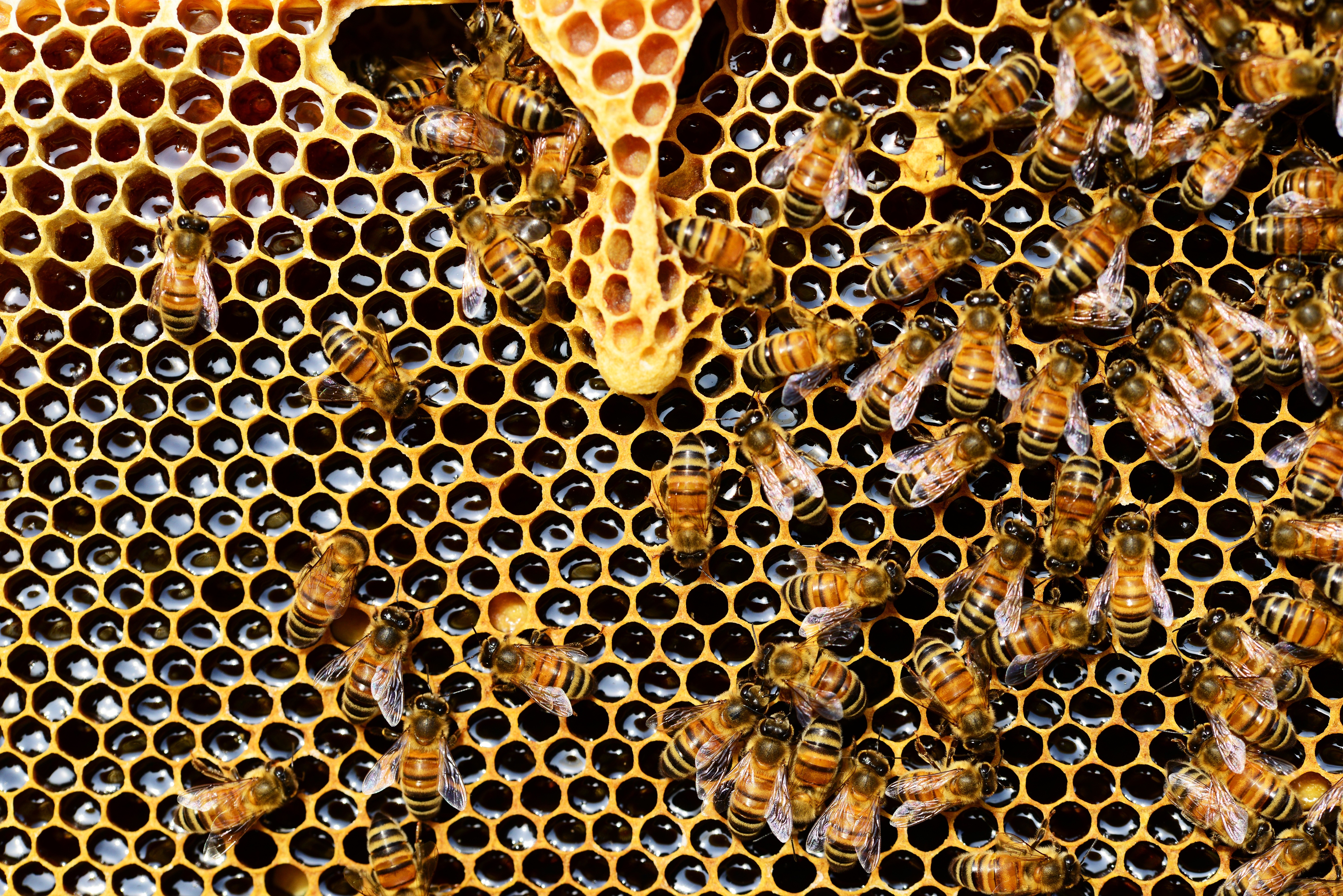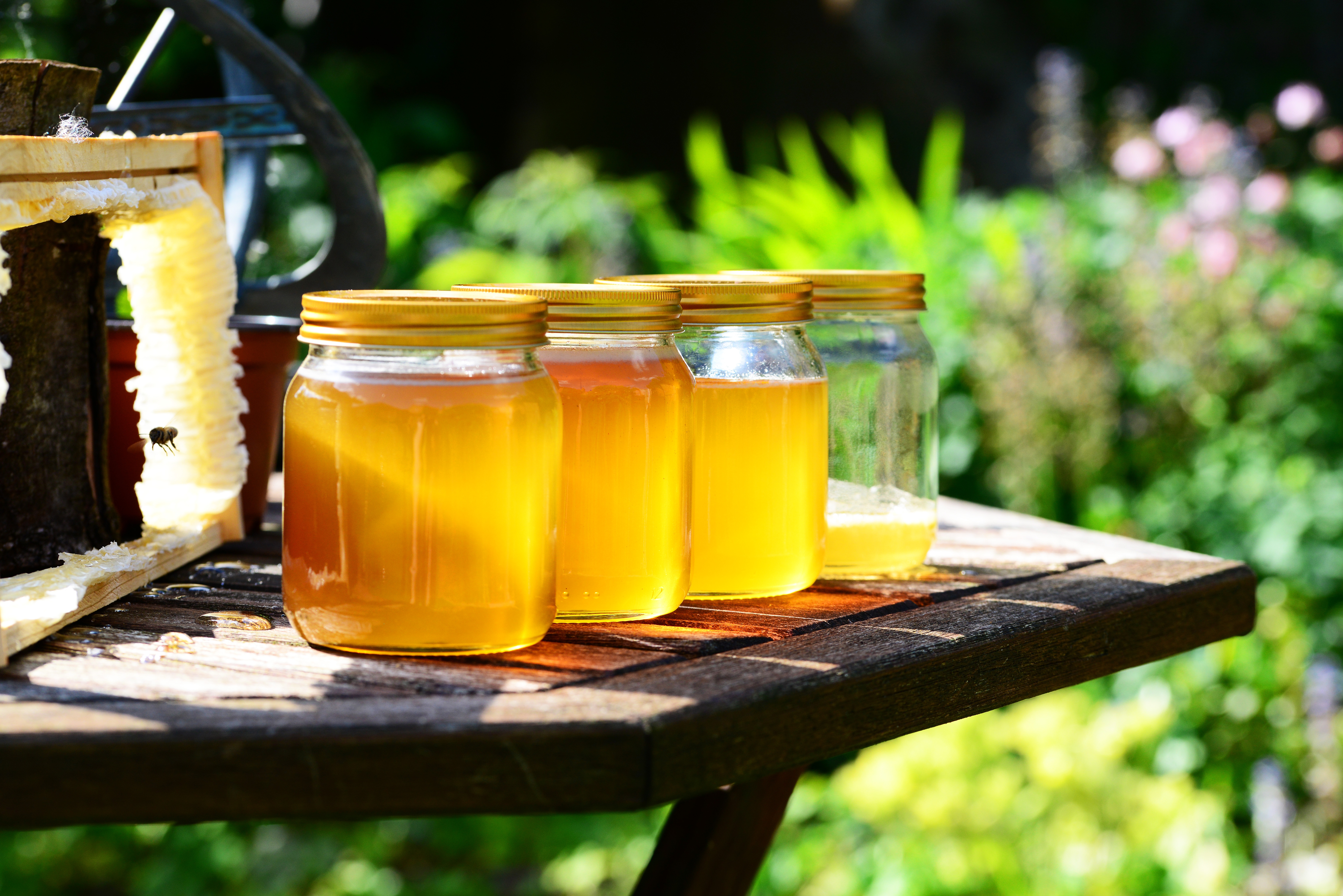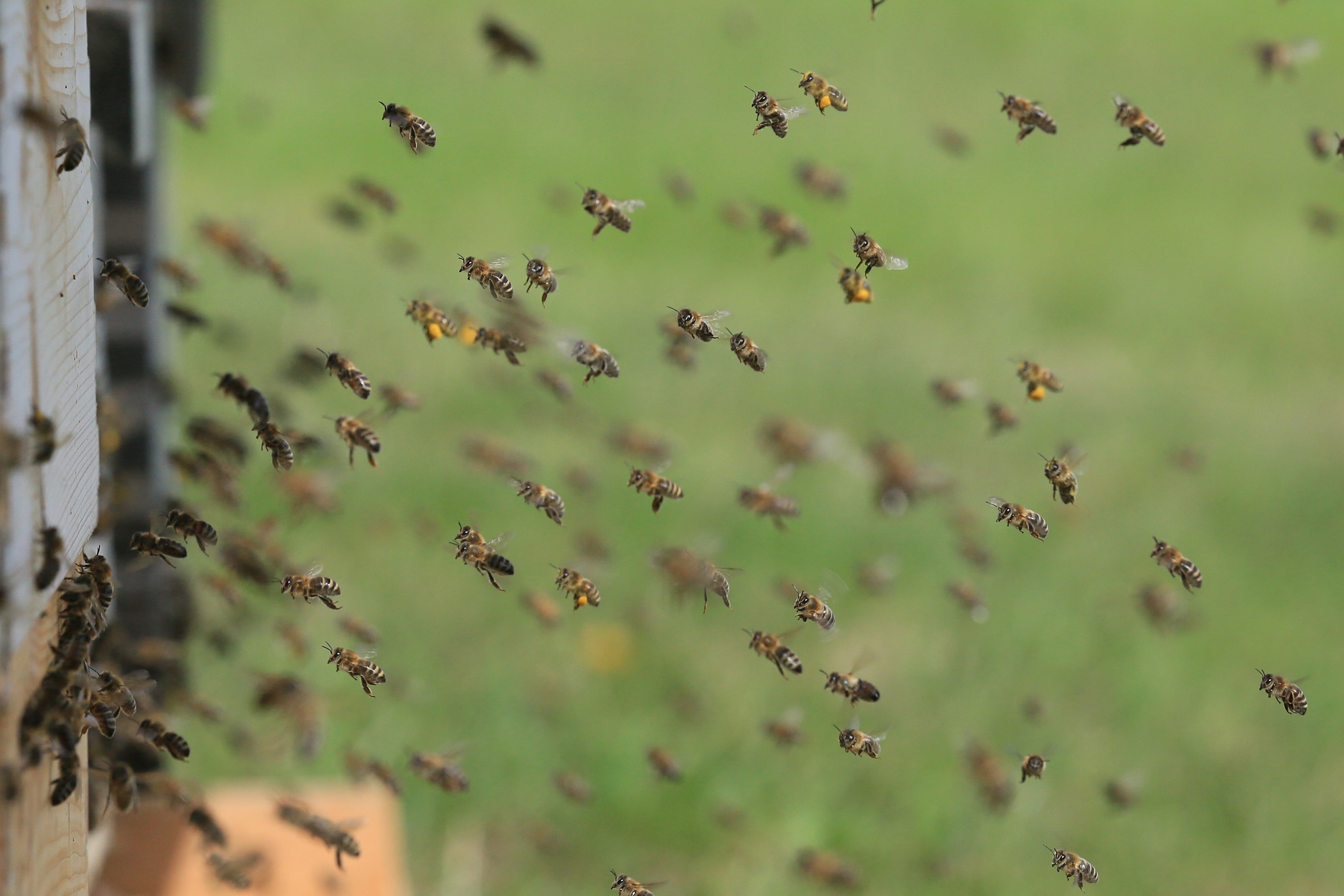Idea
Created under the auspices of the Swedish Institute and the „Food For Tomorrow“ initiative, which focuses on networking organizations, companies and individuals interested in the sustainability of the food system at various levels, the idea was born, followed by the “Bee Connected” project, with the aim of involving and informing the general public about the problems that bees and other insect pollinators face globally and locally.
By protecting bees, we protect local biodiversity, our environment, but also our health, which depends on access to a variety of nutrition, fresh fruits and vegetables for which the development of bees is necessary to form fruit. Of the 100 most commonly used plants in the human diet, bees pollinate 70 of them. Thus, two-thirds of the staple of our diet depends on bees.
The project was co-designed and implemented under the auspices of the Swedish Institute and the Swedish Embassy in Belgrade: Nova Iskra, the ecological organization Ekonaut and Happy Honey, which produces innovative honey-based sweets.
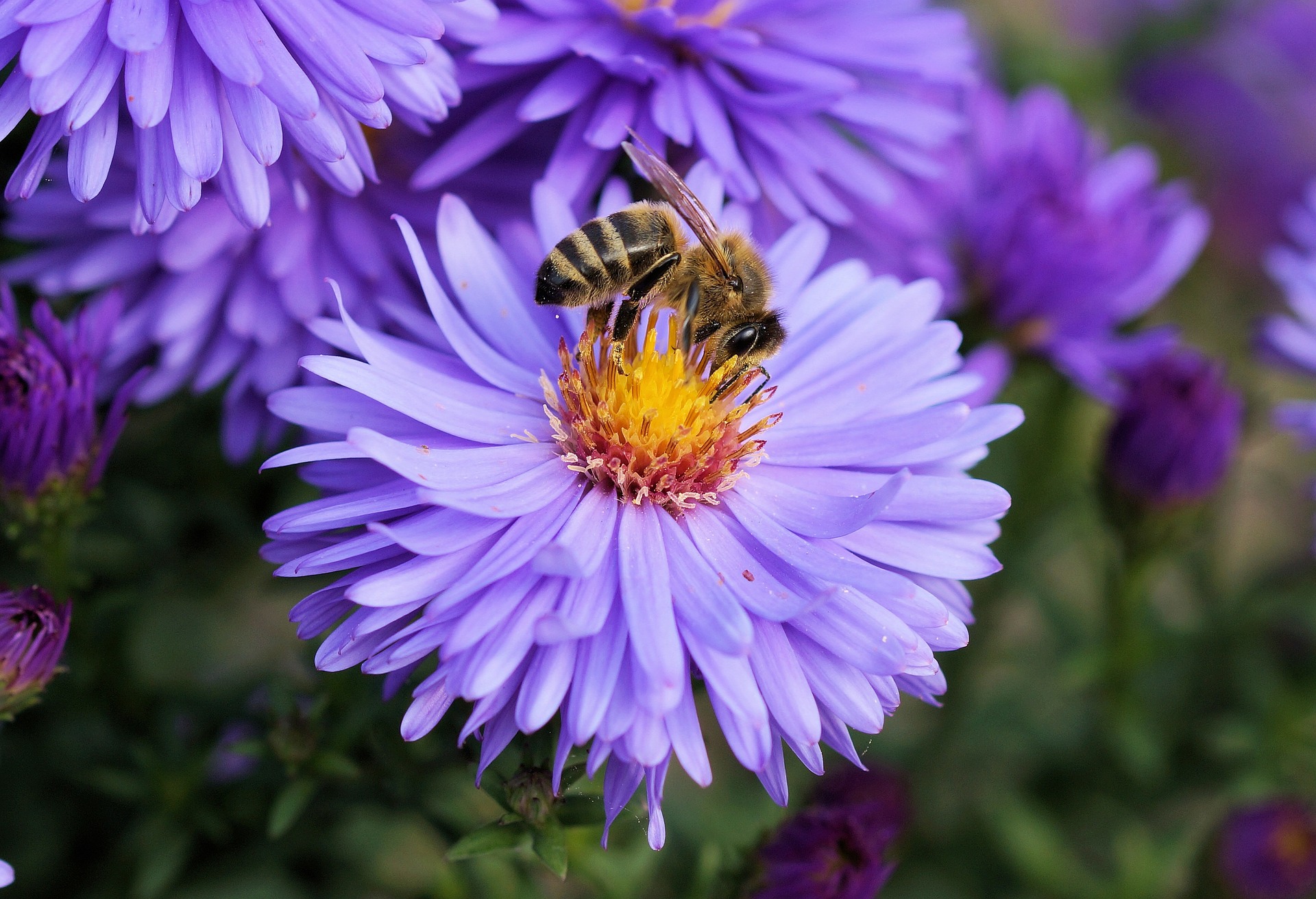
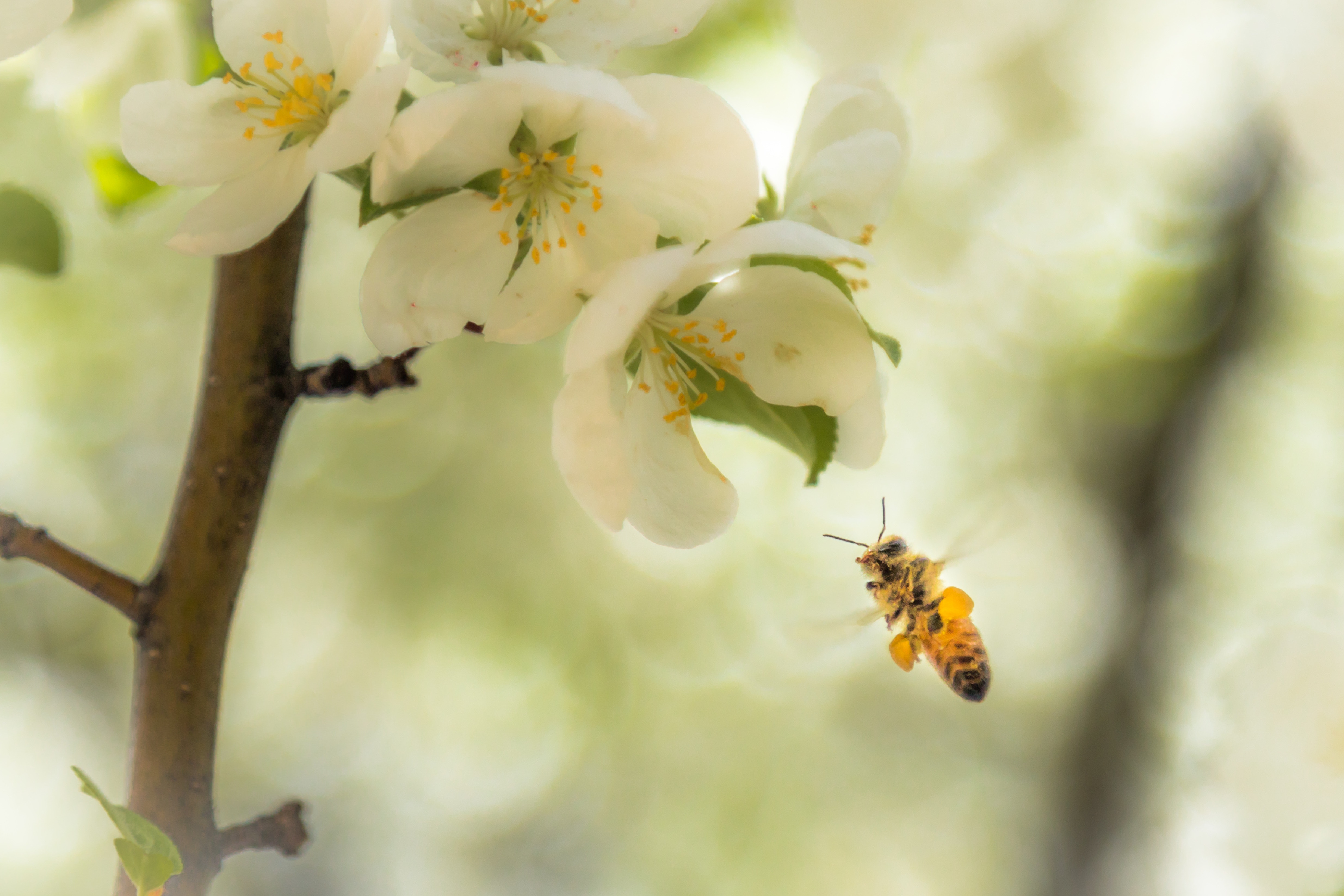
WHY?
We, as a human species, have significantly endangered the survival of many species, including bees, through our actions, uncontrolled use and pollution of resources such as land, air and water. In addition to restricting their food sources with monoculture agriculture, the plants we grow in most cases contain high amounts of pesticides that harm the bees.
Because bees feed primarily on nectar and flower pollen, their survival is highly dependent on the availability of these food sources in their environment. For bees to play their part in nature and survive as a species, it is necessary to have balanced and diverse food through various types of agricultural, ornamental and wild flowering species. If we know how to protect and develop flowering areas with species attractive to bees so that they have enough nectar and pollen, in areas such as agricultural land, private and public gardens, road edges, industrial and commercial zones, we significantly improve living conditions bees and other pollinators.
One such practical example of floral, urban spaces that are comfortable for both humans and bees, in the very center of the city is our garden and the “Green Laboratory” that we created in Nova Iskra at the end of 2015. This urban garden, although located in the busiest part of the city with high traffic and sound pollution, has nurtured over 60 different species of plants for three years, many of which are honey, attract and feed different insects from our environment and practically demonstrate that it is possible to associate nature with urban environment.
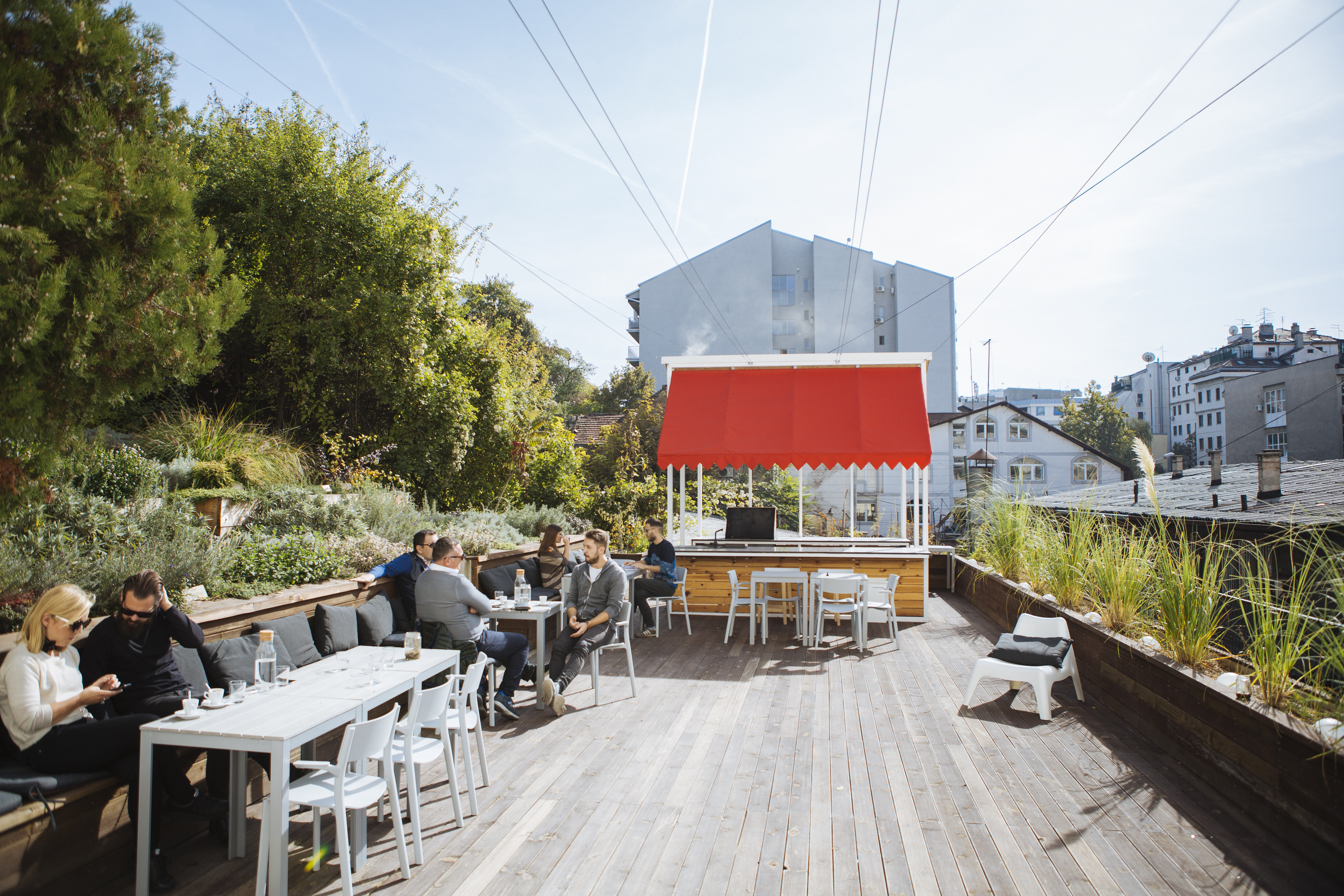
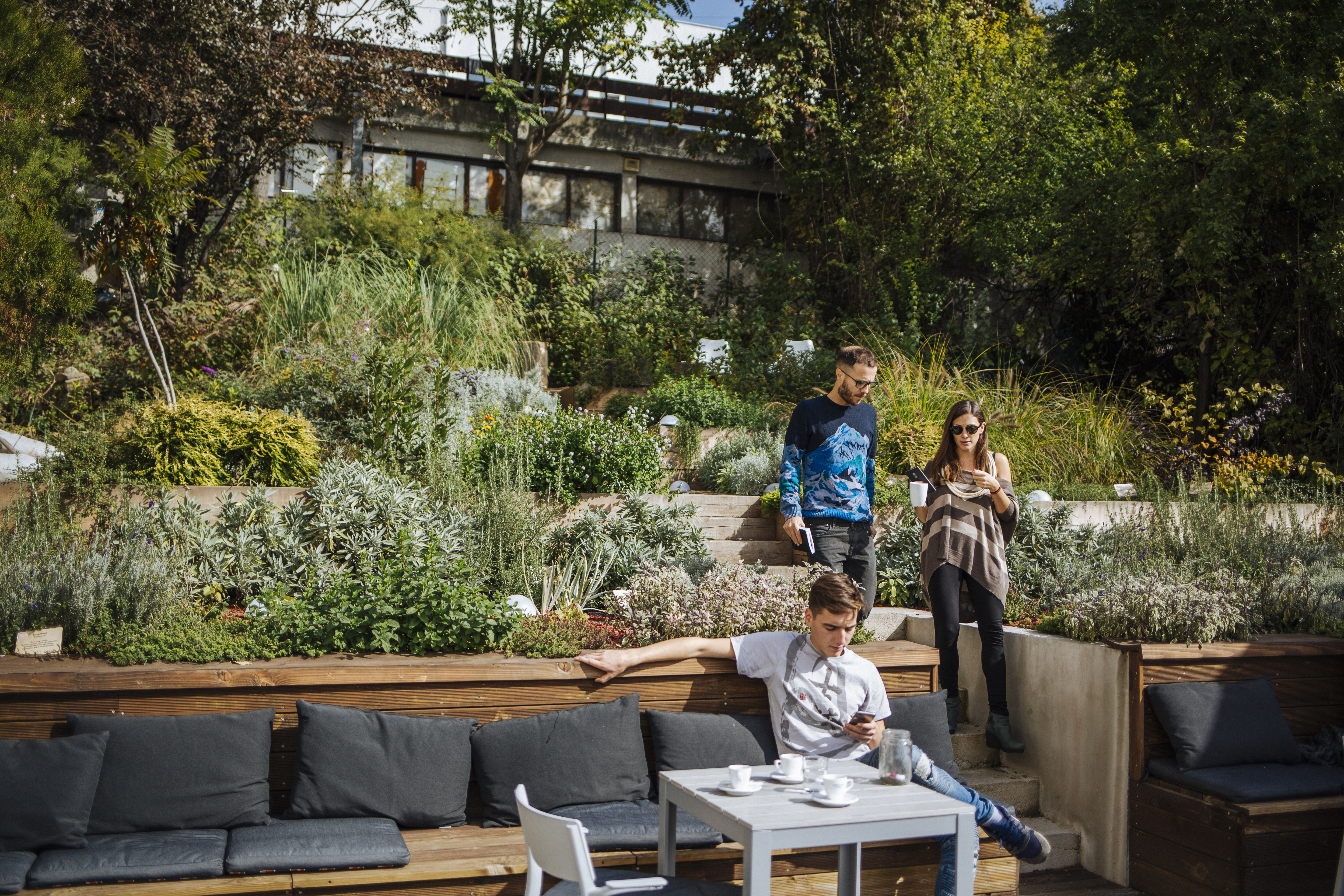
How?
For starters, in the second half of 2018 Bee Connected is launching a publicity campaign on the importance of bees for the food production system, biodiversity and environmental conservation. The project publishes Bee Connected, a short but informative digital handbook that, in addition to pointing out the problems facing the global and local bee populations today, also offers specific solutions that each of us can apply to make space in its environment for bees and other insects. Because bee food deficiency is one of the main causes of declining numbers, this guide, which will be publicly available via beeconnected.org from November 2018, will contain a list of 100 high flowering plants (trees, shrubs, perennials, seasonal plants) pollen and nectar that is easy to grow in our climate.
